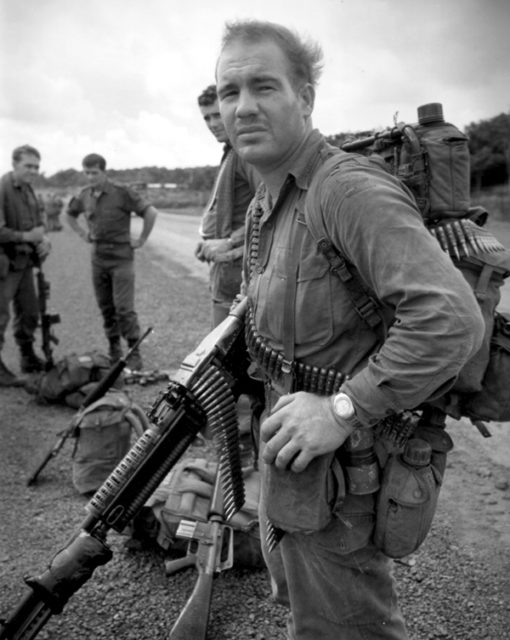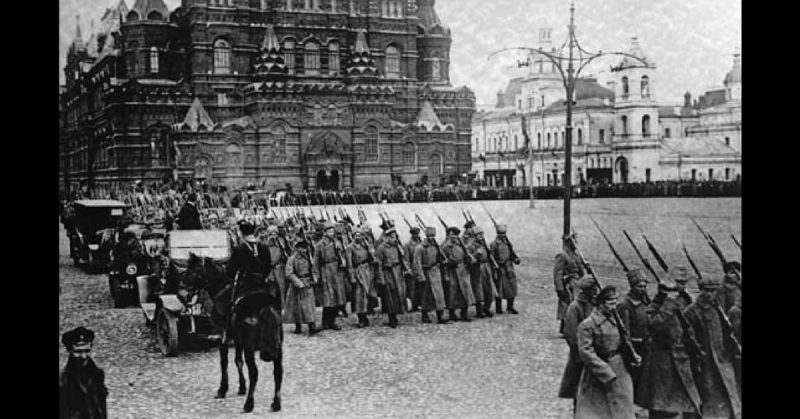Civil wars are often the most bloody and hardest fought conflicts. They have shaped the world as we know it.
Caesar’s Civil War
In 49 BC, Julius Caesar was one of the most powerful men in the world. He had recently subdued Gaul, and he was loved by the soldiers who fought under him.
Rivalries between him and other leading Romans led Caesar to illegally bring his armies across the Rubicon River into the heart of Roman territory. Civil war ensued.
It was a war between matching legions armed with swords, javelins, and shields, supported by local auxiliaries. Caesar spent the next five years destroying the armies of the Senate, initially led by his old friend Pompey. It was a war that effectively ended the Roman Republic, resulting in an empire under a hereditary monarchy. This empire reshaped half of Europe, spreading Roman language, laws, and technology.
The English Civil War
In reality, it was several wars fought between 1642 and 1651. The English Civil War was a turning point in civil wars in the west. Rather than a battle between opposing would-be monarchs, like those that had preceded it, it was a war over political and religious principles. The parliamentary victory was followed by an unsustainable republic and the creation of a constitutional monarchy. It shaped the English constitution and through it the laws of the United States.
It was a war of pike and shot, cannon and cavalry, as gunpowder came to dominate.
The Peninsular War
Many wars combine local and international elements. The Peninsular War of 1807-14 is usually portrayed in international terms, as the war in which the British under the Duke of Wellington drove back the armies of Napoleonic France. It was also a civil war. There were Spanish soldiers and politicians on both sides.
The Peninsular War was critical in shaping 19th century Europe. It ended France’s period of dominance and brought down Napoleon. It also created the term “guerrilla warfare,” as ordinary Spaniards took up arms against the French invaders. “Guerrilla” fighting, meaning “little war,” was brutal and ground-breaking. It set a precedent for irregular warfare and armed resistance that would be replicated during the Nazi occupations of World War Two.
The American Civil War
From 1861-1865, America showed the world what industrial warfare looked like. Devastating artillery, breech-loading rifles, and railway supply lines combined with a strong industrial base, created a war of unprecedented destruction.
The political outcome of the Civil War was an end to slavery and the maintenance of a single superpower in North America. It was also important because of the way it was fought.
This conflict introduced the idea that war had to be total. Instead of outmaneuvering each other, industrialized nations would grind away at each other’s economic bases, removing their ability to fight.
It was the strategy of General Ulysses S. Grant during the Overland Campaign and beyond. Although civilians were not targeted, everything else was.
The great sieges of the late stages of the war, such as at Atlanta and Richmond, were a prelude to the First World War. Men hunkered down for weeks on end in deeply dug trench lines, while shells bombarded both sides. Assaults faltered in the face of these defensive works. Trench warfare had arrived.
The Spanish Civil War
If the American Civil War was a prelude to the First World War, then the Spanish Civil War was a prelude to World War Two. A coup in 1936 led by the authoritarian right-winger General Franco triggered a bitter conflict between his supporters and the Republicans that lasted until 1939.
Spain became a testing ground for the Nazi Germans and Fascist Italians, who sent forces to support Franco. In particular, it gave them a chance to practice massive aerial bombardments. Meanwhile, the rest of the world watched, although small bands of international volunteers went to fight for the Republicans.
It was a symptom of an era in which the far right was not effectively opposed, an era from which Hitler and the Second World War emerged.
It also shaped modern Spain, as Franco remained ruler for decades.
The Russian Civil War
The Russian Revolution of 1917 was not an overnight success. Instead, it led to five years of civil war, as the Bolshevik Red Army fought the White Army of its allied opponents.
The war turned the Russian Empire into the Union of Soviet Socialist Republics, the nation that would export communism around the globe and be one of the great superpowers of the 20th century. It also helped to define the final stages of WWI, as Russia abandoned that war to deal with the internal conflict.
The Chinese Civil War
Russia might have been the first major power to embrace communism, but it was neither the largest nor the last.
In 1927, civil war broke out between communist and nationalist forces in China. It continued until 1950, with a break from 1937 to 1946 in which the two sides united to fight off Japanese invaders.
Communist victory created China as we know it today, ruled by the central committee of the Communist Party. It also led to the formation of an independent Taiwan, as the surviving nationalists took refuge there.
The Vietnam War
From 1955 until 1975, Vietnam was home to a proxy war between the capitalist west and communist east. Communist-dominated North Vietnam sought to drive out foreign influences and extend communism into the south.

The bloodiest hotspot of the Cold War, it shaped modern Vietnam. It also helped to transform America and other western countries, providing a focus for political debates between interventionist militarists and the peace-loving counter-cultural left.
Ultimately, it became an embarrassing and costly failure for America, shaping that nation’s foreign policy for the rest of the 20th century.
Sources:
Ken Burns (1990), The Civil War.
Mike Duncan, Revolutions Podcast.
Kate Gilliver, Adrian Goldsworthy and Michael Whitby (2005), Rome at War: Caesar and his Legacy.
Philip Haythornthwaite (2004), The Peninsular War: The Complete Companion to the Iberian Campaigns 1807-14.
Richard Holmes, ed. (2001), The Oxford Companion to Military History.
